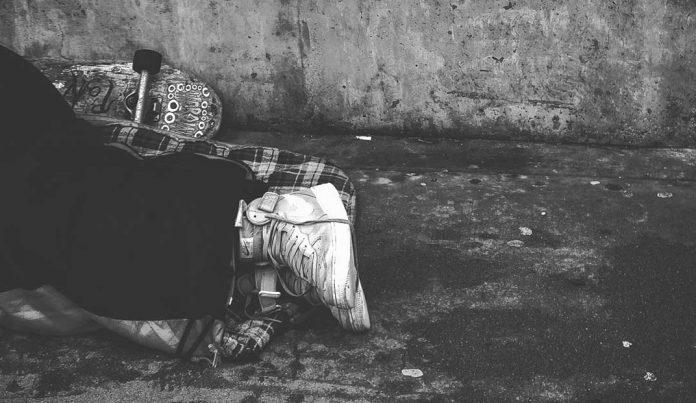The compelling theme in studying Canadian politics for more than half a century has been that of cleavages. There are many divides that separate our vast and diverse nation, just a few of which include geography and the widely divergent cultures that exist in different regions of our nation.
There is a reason that multiculturalism is one of the foundation blocks of nation-building in this country and that is only tangentially connected with immigration. Canada has long been cited as having no distinct and separate culture of our own, but we do. There are norms of civility, aspects of peace, order and good government that underlie each of our cultures. But each of those cultures have their own nuances that tend to threaten, in times of national crisis or rising populist opportunism, to tear our nation apart.
In fact, that this nation has managed to remain intact for more than 150 years is a remarkable accomplishment that has kept political scientists scratching their heads for generations.
Since nearly the dawn of Confederation, scholars have long spoke of the “two solitudes” that divide our nation, French and English, that extend roots far deeper into our national psyche than the two languages which are used to distinguish one from the other. But in truth there has long been at least three major solitudes in the mainstream Canadian polity—the alienation of the (mid?) west actually long predates the advent of Pierre Trudeau, whose ill-thought-out National Energy Policy so enraged and inflamed Alberta that ripples of that stone have bedeviled his son’s efforts to build bridges.
Another of the key cleavages, if taken as a group, would be those of the First Nations and other Indigenous peoples. But there are clear cleavage lines of surprisingly congruent geography that splinter that group into dozens (if not hundreds) of shards as well. While there are often similarities between the Anishinaabe, the Sioux and the Dene, or the Tlingit, the Nisga’a and the Haida of the west coast, not to forget the Inuit of the North, there are also huge differences between each of those nations and their cultures that defy simple categorization under the rubric of “Indigenous.”
No matter who won Monday’s election (this editorial was written before the result because it really doesn’t matter who won when viewed from the perspective of the challenges that winner will face), the victor will be faced with the tremendously difficult task of binding the nation together.
The current prime minister has shown just how difficult bridging those cleavages can be. Justin Trudeau declared it his mission to include the West following a majority victory that owed very little to Alberta’s electorate. Pipelines being a singular case in point. Despite spending an immense treasure of political capital (and taxpayer funds) to purchase the Trans Mountain line, arguing that a transition period of fossil fuel economy was vital to the nation, all this attempted compromise managed was to harden positions on both sides of the divide.
The populist strategies of the Conservatives (in the west) and the Bloc Quebecois and other separatist parties in Quebec have depended on making Ottawa the centre of all that is wrong with their worlds, exacerbating cleavages rather than providing any healing. Jagmeet Singh and the NDP have certainly attempted to find a positive ground that bridges the various regions of the country, mining those underlying Canadian virtues that have glued us, however loosely it may seem, together as a nation.
If Andrew Scheer wins the nation, and loses most of the east, he will face almost as steep a hill to climb in seeking a solution to those forces tearing us apart as Justin Trudeau has found in shaking the energy legacy of his father in the west.
We are a nation of differences and our federal makeup as a collection of provinces is no accident. Despite the herculean task ahead, no matter who wins this election, the next prime minister will face challenges of national unity that few of his predecessors have encountered. Not since the heady days of MacDonald and Cartier when hope and pragmatism collided to create a nation have there been so many bridges to build and dragons to subdue.
This is a task that cannot be shirked but must be tackled head on—while balancing the issues of affordability, justice, inclusivity and equity for all. Our cherished peace, order and good government hang in the balance. Let us fervently hope all of our leaders recognize and are up to those challenges.




